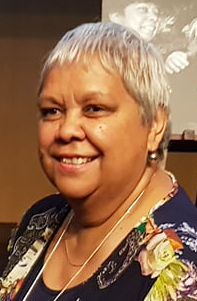A Quote by Bryan Konietzko
Korra and Aang ultimately stand for freedom, equality, and basic human rights, and I think Mike and I are fine with pushing that agenda.
Quote Topics
Related Quotes
The diversity of mankind is a basic postulate of our knowledge of human beings. But if mankind is diverse and individuated, then how can anyone propose equality as an ideal? Every year, scholars hold Conferences on Equality and call for greater equality, and no one challenges the basic tenet. But what justification can equality find in the nature of man? If each individual is unique, how else can he be made 'equal' to others than by destroying most of what is human in him and reducing human society to the mindless uniformity of the ant heap?
As Canadians who proudly demand the equal treatment of minorities, religious freedom, gender equality and basic human rights for its citizens - allowing our political leaders to shamefully ignore these values in the name of business abroad, falls short of the high standard we rightfully set for ourselves.
You have to join every other movement for the freedom of people. Therefore join the movement as individuals against anti-Semitism, join the movements for the rights of Hispanics, the rights of women, the rights of gays. In other words, I think that each movement has to stand on its own feet because it has a particular agenda, but it can ask other people.
It is a great problem for the true international agenda of human rights that the United States, uniquely among industrialised countries, has not ratified three main instruments, has not ratified the Covenant on Economic, Social and Cultural Rights, or the Convention on the Rights of the Child, or the Convention for the Elimination of Discrimination Against Women, and we could have so much richer a debate and dialogue on international human rights standards if the superpower would sign up to the agenda.
Citizenship has not delivered Indigenous Australians the same quality of life other Australians expect. Basic human rights involve health, housing, education, employment, economic opportunity, and equality before the law, and respect for cultural identity and cultural diversity. These human rights must be capable of being enjoyed otherwise they are empty gestures.
Let's not use the term democracy as a play on words which is what people commonly do, using human rights as a pretext. Those people that really violate human rights [the West] violate human rights from all perspectives. Typically on the subject of human rights regarding the nations from the south and Cuba they say, "They are not democratic societies, they do not respect human rights, and they do not respect freedom of speech".
I want to stress again that human rights are not peripheral to the foreign policy of the United States. Our pursuit of human rights is part of a broad effort to use our great power and our tremendous influence in the service of creating a better world, a world in which human beings can live in peace, in freedom, and with their basic needs adequately met.




































